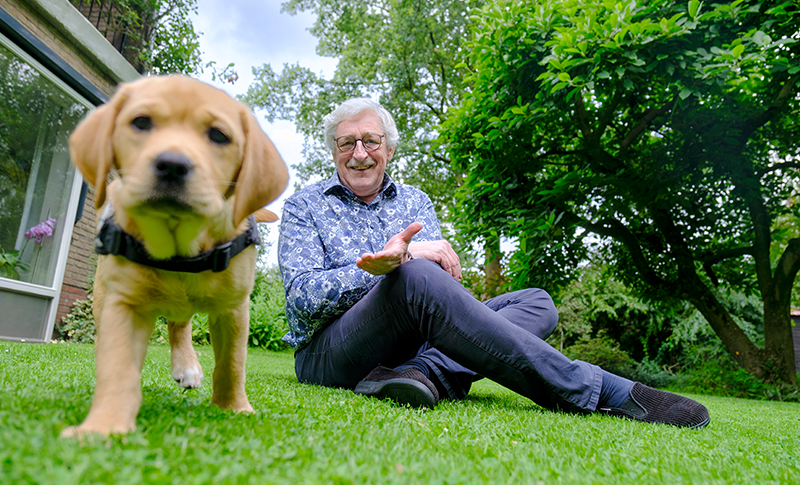WUR’s scientific production in terms of PhD theses breaks new records every year. Not only is the number of theses going up, the number of candidates graduating cum laude (with distinction) has also reached record levels. There were 28 cum laude PhDs last year, 7.3 per cent of all new doctorates.
That means WUR is comfortably above the national ‘target’ of 5 per cent. That threshold was actually passed in 2023 as well, after WUR had spent most of the new millennium with cum laude percentages of 1 to 2 per cent. To increase that proportion, the procedure for qualifying ‘with distinction’ was changed recently. The numbers show this had the desired effect.
Growth
The total number of PhDs has also reached a new record. After 2023 ended with 359 PhDs, more than ever before, the number rose again in 2024 to 383 PhD theses. For comparison, that is about 100 more that in the pre-Covid years. This growth is likely to continue too, as about 450 new PhD candidates start each year compared with 400 before the pandemic. Though of course not all make it to the finishing line.
Of the 28 PhD candidates who got cum laude, 17 were women and 11 men. Expressed as proportions, 8.1 per cent of women PhD candidates got cum laude and 6.3 per cent of the men. In the previous two years as well, women were more likely to get a distinction for their thesis than men. The reverse was true in the preceding decade. Internationals were less likely to get a cum laude than Dutch PhD candidates: they accounted for most of the PhDs but ‘only’ 11 of the 28 with distinction.
Internationals
Women make up a slight majority of all PhD candidates (54 per cent). Most PhD candidates (two thirds) are from outside the Netherlands. Their share increased slightly to 68 per cent. When broken down by science group, AFSG produced the most PhDs (112), followed by PSG (101), ESG (82), SSG (48) and ASG (40).
PhD candidates get guidance from one or two supervisors (usually professors) and two co-supervisors for the day-to-day supervision. The co-supervisors are often assistant professors. They frequently do most of the work but they don’t have final responsibility and they don’t have formal PhD rights. Some people are arguing this needs to change in order to increase the pool of potential supervisors.

 Beeld Shutterstock
Beeld Shutterstock 


As I mentioned on the recent article about “everyone professor”, the usage of the word “supervisor” here is ambiguous. The words you are looking for are “promotor”, “co-promotor”, and daily supervisor. All three supervise the PhD, yet only the Promotor formally promotes the PhD candidate.